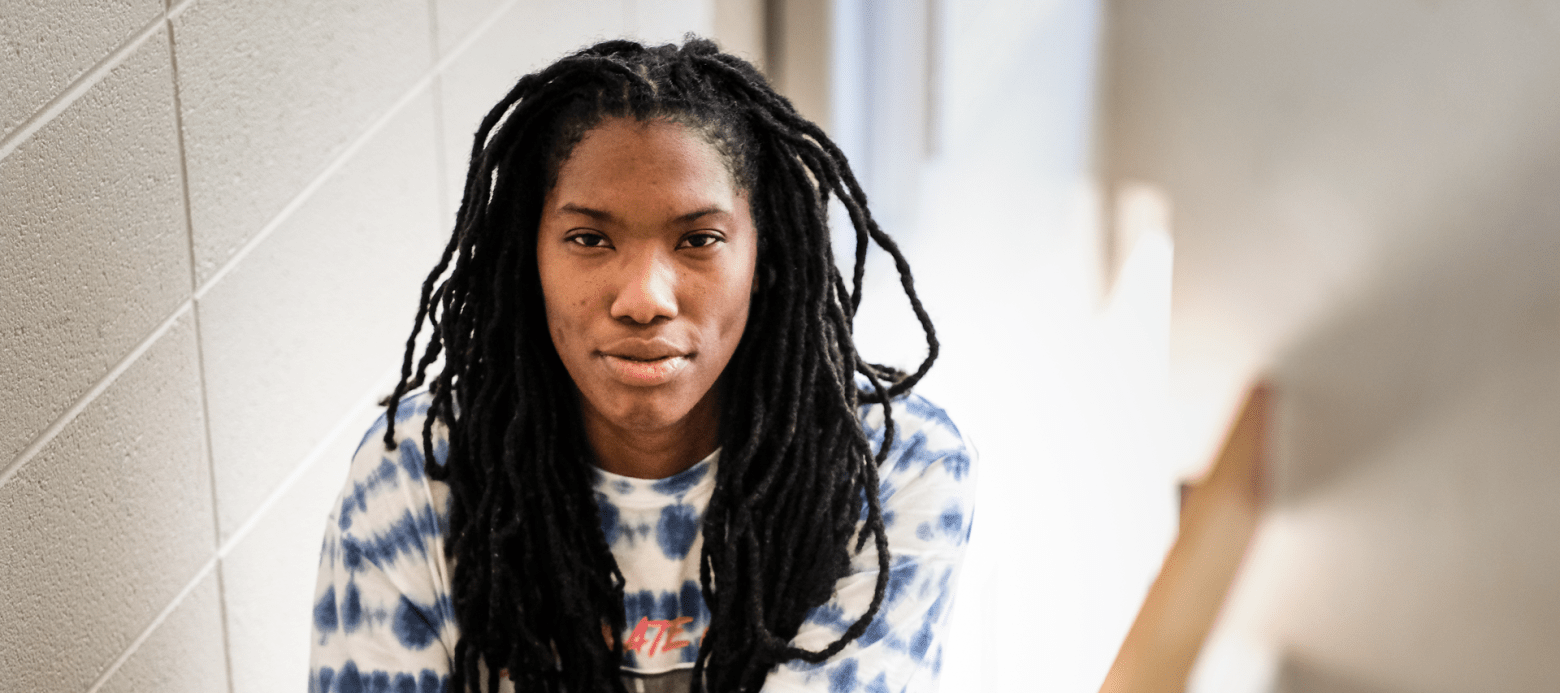Beverly Price is a D.C.-based analog photographer and creative activist . Price hails from the city’s Capitol Hill neighborhood, where she documents the culture, resilience, and humanity of her community.
1. How did you get started?
In 2016 I was going to school for organizational leadership at Georgetown University. I saw the changes [gentrification] in my community and decided I wanted to document them as a D.C. native. After a month of shooting, I got a show at American University with some prominent D.C. artists. After that, I thought I might be on to something.
2. What do you like about analog photography?
It requires me to use my mind, it is not instant. Great bodies of work take time, skills, observation, and intuition, among many other things. When I see my prints in the darkroom, I just know that a phone could never do the work any justice.
3. What does community mean to you
Community is culture. Growing up in Capitol Hill, I was part of a very diverse community. There were wealthy, poor, and middle-class people in my neighborhood, but we worked together and looked out for each other. When this new wave of development hit around 2004 to 2006, it was like a new system of society also arrived. We are losing community with these new buildings, with people constantly on their phones, not communicating. We need to pay attention to this now because it will affect us in the future.
4. How does your community influence the way that you work?
I was born and raised in D.C., so I can speak the unique language of my community, one that only someone who has been here from childhood through adulthood can understand. I’ve had countless offers to go overseas to document other cultures, but I realized I can’t document another culture until I first see what is happening in my own. That’s my relationship to my community, it’s a mirror to my inner language.
5. What artists do you find inspiring?
I love Gordon Parks. I did a report on him in the eighth grade and his work changed my life. I love Sally Mann, Vivian Maier, and Cindy Sherman. I also just got hip to photographer Francesca Woodman. Her work teaches me the spirituality behind photography.
6. What is the biggest challenge that you face when doing your work?
Finances. Photography is not a cheap medium but it is a necessary medium for me. I am a not a privileged artist, but I do this with no money because I love it. It’s also a challenge being a queer, black, woman photographer. In society, more men are able to tell their story. My work is 20 times better than half of the photographers I have seen, it tells a stronger story and is more emotionally connected. But being a woman, it won’t always get shown. It can be frustrating.

